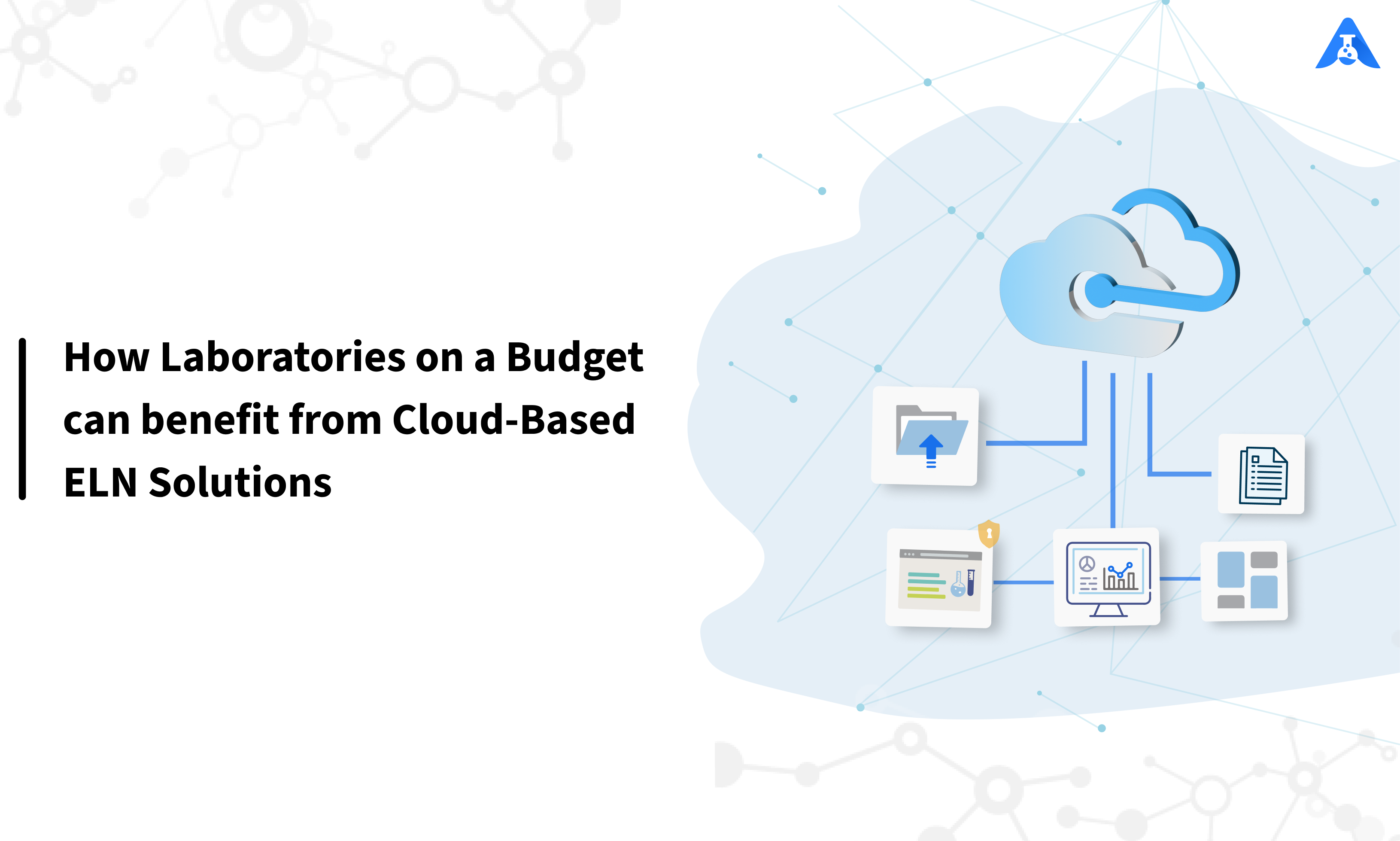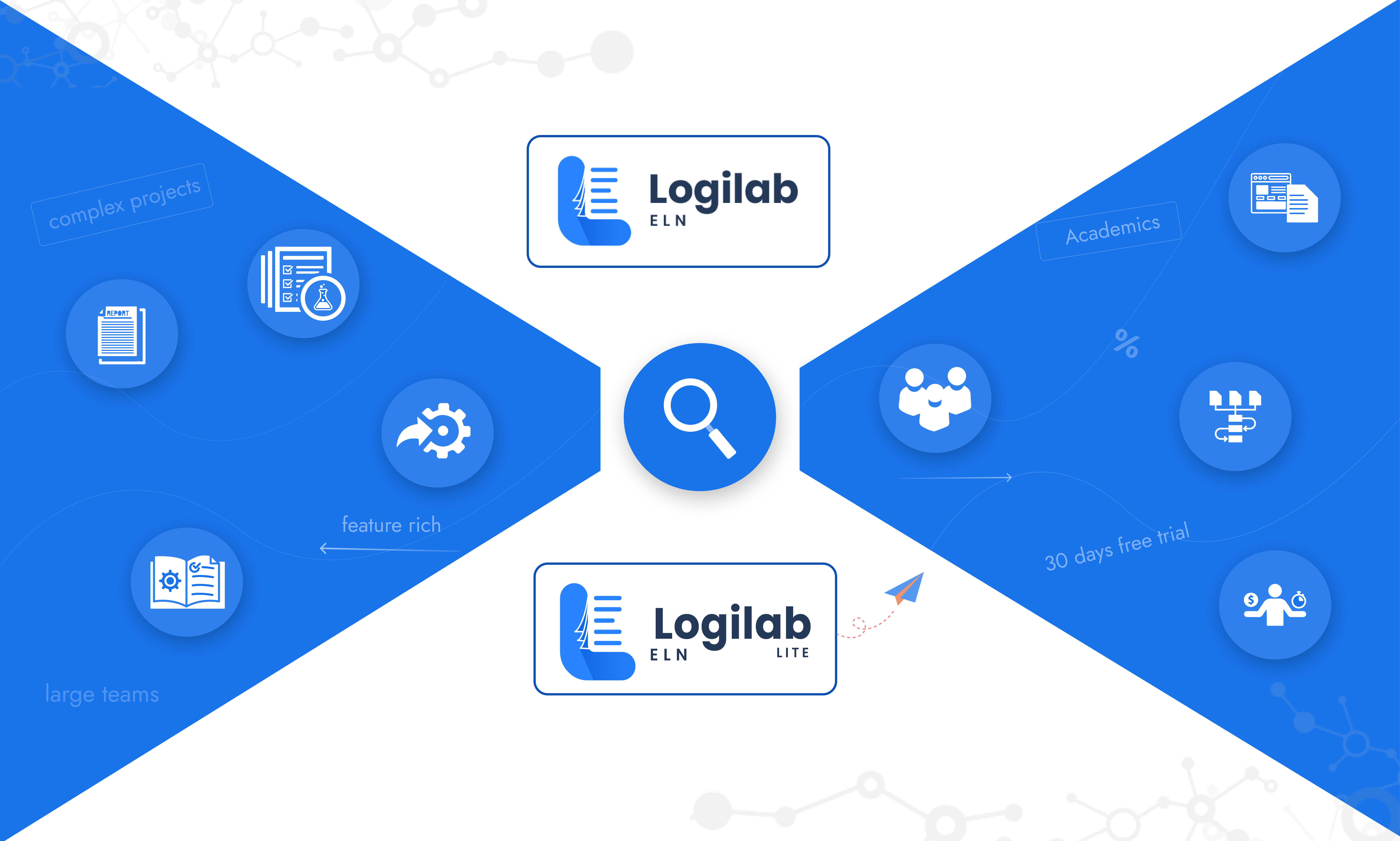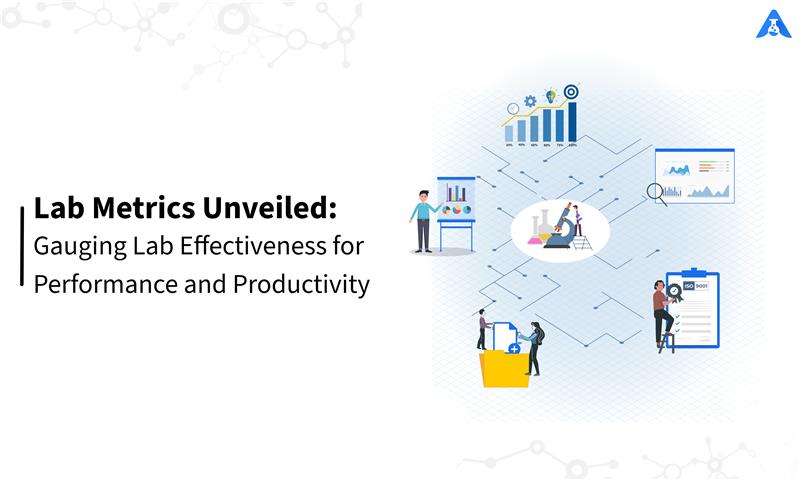Introduction: The Evolution from Paper to Cloud
The landscape of laboratory management and research documentation has undergone a significant transformation with the introduction of Electronic Lab Notebooks (ELN), specifically cloud-based ones. ELNs are digital software systems that allow researchers and scientists working in laboratories to record and manage their data electronically, replacing traditional paper notebooks. This shift not only signifies an advancement in technology but also aligns with the increasing need for more efficient, scalable, and secure methods of managing research data.
The Budgetary constraints: Challenges and Cloud Electronic Lab Notebook (ELN) Solutions
Laboratories operating on tight budgets face numerous challenges, including limitations in resources, the high cost of traditional software licenses, and the expense of maintaining secure and efficient data storage systems. These constraints often hinder the research process, making it difficult for scientists to conduct their work effectively. The solution lies in cost-effective cloud-based Electronic Lab Notebook options, which offer a way to bypass these financial hurdles. By leveraging cloud technology, laboratories can access sophisticated tools at a fraction of the cost of traditional systems, enabling them to focus more resources on actual research rather than on managing infrastructure.
Outgrowing the Old: Disadvantages of Paper-based and Legacy Systems
The traditional methods of recording research data, whether on paper or using legacy computer systems, come with significant drawbacks. Paper-based notebooks are prone to damage, loss, and can lead to issues with data integrity. Similarly, legacy computer systems, which might be outdated and inefficient, pose challenges in terms of compatibility, data sharing, and security. These methods not only increase the risk of errors but also contribute to inefficiencies in research documentation and collaboration.
The Cloud Electronic Lab Notebook Advantage: Meeting the Needs of Budget-Conscious Laboratories
The shift towards cloud-based Electronic Lab Notebook systems offers many advantages for laboratories working with limited financial resources. They are as follows
Cost-effectiveness: Cloud Electronic Lab Notebooks (ELNs) significantly reduce the need for physical infrastructure and the associated maintenance costs. laboratories no longer need to invest in expensive servers or worry about the costs related to data storage and backup solutions. Subscription-based models also allow for predictable budgeting without the upfront costs of traditional software licenses.
Accessibility: One of the most significant advantages of cloud-based Electronic Lab Notebooks is the ability to access research data anytime, anywhere. This flexibility enhances collaboration among researchers, enabling them to share insights and data seamlessly, regardless of their physical location.
Scalability: Cloud-based solutions provide laboratories with the ability to easily scale their resources up or down based on current needs. This means that as a project grows or data storage needs increase, laboratories can adjust their subscriptions without the need for significant capital investment in new hardware or software.
Security: Data security is paramount in research, and cloud Electronic Lab Notebooks (ELNs) offer robust security features, including encryption, access controls, and regular backups. These features ensure that sensitive research data is protected against unauthorized access and loss.
Regulatory Compliance: Many cloud-based Electronic Lab Notebooks (ELNs) are designed with compliance in mind, offering features that help laboratories adhere to industry standards and regulations. This is crucial for laboratories in regulated industries, such as pharmaceuticals and biotechnology, where compliance with data management standards is non-negotiable.
Cloud-Based Solutions for laboratories on a Budget: Work Locally, Share Globally
The adoption of cloud-based solutions in the realm of scientific research has revolutionized the way laboratories operate, particularly for those managing tight budgets. One of the most significant advantages these solutions offer is the facilitation of unprecedented levels of collaboration. The mantra “Work Locally, Share Globally” encapsulates the essence of this new working paradigm. Below, we delve into how cloud-based solutions empower researchers to collaborate more efficiently and effectively than ever before.
Fostering Seamless Collaboration Among Researchers
Cloud-based solutions for laboratories enable researchers to conduct their work locally—be it in a small laboratory in a university, a research facility in a remote location, or even in fieldwork situations—while seamlessly sharing their findings, data, and insights with collaborators across the globe. This global sharing and collaboration are achieved through several key features inherent to cloud-based platforms:
Real-time Data Sharing: Researchers can upload their data to the cloud where it is immediately accessible to authorized users anywhere in the world. This real-time sharing facilitates quick feedback loops, enabling collaborative teams to make more rapid progress on their research projects.
Centralized Data Repository: Cloud solutions often provide a centralized platform where all project data is stored. This not only ensures that data is organized and easily accessible but also that everyone on the team has access to the most up-to-date information, thereby avoiding discrepancies and duplication of effort.
Collaboration Tools: Many cloud-based Electronic Lab Notebooks (ELNs) and laboratory management systems include built-in tools for collaboration. These might include message boards, project management tools, and live document editing capabilities, which allow researchers to discuss their work, plan projects, and annotate data together in real time.
Access Control: Effective collaboration requires not just sharing but also the ability to control who sees what. Cloud-based platforms typically offer robust access control features, enabling project leads to set permissions based on roles, thereby ensuring that sensitive data is only accessible to those who need to see it.
Cross-Platform Compatibility: Cloud solutions are generally designed to be platform-agnostic, meaning they can be accessed via any internet-connected device, whether It is a desktop computer in the laboratory, a laptop at home, or a smartphone in the field. This flexibility ensures that researchers can collaborate effectively, regardless of the hardware they have at their disposal or where they are working from.
Enabling Global Research Collaborations on a Budget
For laboratories operating with limited financial resources, the ability to collaborate globally without the need for expensive infrastructure or IT support is a game-changer. By leveraging cloud-based solutions, even small laboratories can participate in international research efforts, share data with leading scientists around the world, and contribute to global knowledge bases. This democratization of research capabilities underscores the transformative power of cloud technology in the scientific community.
Achieving Paper Replacement in Budget-Conscious laboratories through Cloud-Based Solutions
Cloud-based solutions have emerged as a transformative force for laboratories, especially those operating under budgetary constraints, facilitating a shift away from paper-based systems towards more efficient and error-free digital environments. This transition is not merely about adopting new technology; It is about revolutionizing how data is recorded, stored, accessed, and shared, ensuring laboratories can maintain high standards of accuracy and efficiency despite financial limitations. Here’s how cloud-based solutions are making this possible:
Elimination of Transcription Errors
Manual transcription of data from experimental processes to paper notebooks is fraught with the risk of errors. Cloud-based Electronic Lab Notebooks (ELNs) mitigate this risk by allowing direct data entry or even automated data capture from instruments. This immediate digital recording reduces the likelihood of transcription errors, ensuring data integrity and accuracy.
Preventing Data Loss
Paper can be easily damaged or lost due to physical deterioration, misplacement, or catastrophic events like fires or floods. Cloud-based solutions offer secure, off-site data storage with regular backups, significantly reducing the risk of data loss. This digital safeguarding ensures that decades of research can be preserved and accessed indefinitely.
Challenges in Storage and Archiving of Paper Documents
Storing and archiving paper notebooks and binders, especially for QA/QC analysis documents and raw data, is not only space-intensive but also inefficient. It involves physical space, organization, and the manpower to manage archives. Cloud-based systems simplify this process by digitalizing storage, making it easier, less space-consuming, and more cost-effective to archive vast amounts of data securely.
Improved Availability of Experimental Data
Cloud-based Electronic Lab Notebooks (ELNs) enhance the availability of experimental data by storing it in a centralized digital repository. This setup allows researchers across different locations to access the same data simultaneously, fostering collaboration and ensuring consistency across the board. Improved availability also aids in cross-referencing past and present data, enhancing the scope for longitudinal studies.
Rapid Access to Digital Data
Searching through paper lab notebooks for specific data points or experimental outcomes is time-consuming and inefficient. Digital solutions provide advanced search functionalities, allowing researchers to retrieve data quickly using keywords, tags, or specific parameters. This rapid access to digital data streamlines research processes, enabling faster analysis and decision-making.
Ease of Use
Modern cloud-based Electronic Lab Notebooks (ELNs) are designed with user experience in mind, offering intuitive interfaces that require minimal training to use effectively. Features such as drag-and-drop, template creation, and automated calculations make digital platforms far more user-friendly than traditional paper-based methods. This ease of use accelerates the adoption of digital systems across various laboratory environments.
Adaptation by Younger Generations
Younger generations of scientists and researchers, having grown up in a digital age, find digital access via tablets, smartphones, and other devices more natural and efficient than paper. Cloud-based Electronic Lab Notebooks (ELNs) cater to this digital familiarity, allowing seamless integration of laboratory work with the devices and technologies that younger researchers use daily. This alignment with digital habits not only improves productivity but also ensures that the next generation of scientists is equipped with tools that match their skills and expectations.
Conclusion
In the realm of scientific research and laboratory management, the adoption of cloud-based Electronic Lab Notebook (ELN) solutions marks a transformative shift towards efficiency, collaboration, and cost-effectiveness. For laboratories operating on tight budgets, the journey towards digital transformation may seem daunting. However, as we have explored, cloud-based ELN platforms offer a beacon of hope, enabling laboratories of all sizes to leapfrog traditional barriers to technology adoption.
The benefits of cloud-based ELN solution include: Cost efficiency, Ease of Accessibility, use and collaboration, Data Security and Regulatory Compliance, scalability, Innovation and Integration.
To sum up, cloud-based ELN solutions stand out as a pivotal tool for laboratories operating on a tight budget, offering a blend of cost efficiency, enhanced collaboration, robust data security, and the agility to scale. By embracing these digital tools, laboratories not only optimize their current operations but also pave the way for future innovations. In the landscape of scientific research, where every dollar counts, cloud-based ELNs offer a smart, sustainable path forward, ensuring that budget constraints do not impede the pursuit of knowledge and discovery.





